- Phone: +91 94800 58379
- Mon-Sun 24/7
- contact.sanyrahospital@gmail.com


Testicular Cancer

Testicular cancer is a relatively uncommon yet highly treatable form of cancer that affects the male reproductive organs. While it primarily strikes younger males, it is crucial for all men to be aware of the risks and the importance of early diagnosis and treatment. This article provides a comprehensive overview of testicular cancer, including its causes, symptoms, diagnostic methods, and available treatment options.
If you’re seeking Testicular Cancer Treatment in Bangalore, Dr. Rajendra Prasad at Sanyra Hospital offers expert care tailored to your needs. Early intervention is key to effective treatment and a successful recovery. For personalized and professional medical attention, book your appointment today.
Testicular cancer occurs when abnormal cells begin growing uncontrollably within one or both testicles and form a tumor. Germ cell tumors are the most prevalent form of testicular cancer; further divided into seminomas and non-seminomas depending on whether they’re sensitive to radiation therapy and occur between 25 to 45 years old for men; non-seminomas tend to appear earlier, often before men reach 25 years old, often developing more quickly, spreading faster, and becoming more aggressive over time.
Although its exact causes remain unknown, certain risk factors increase its likelihood. They include:
Early diagnosis is crucial in increasing chances of treatment success; men should remain aware of any changes to their testicles, seeking medical help if symptoms such as those listed here emerge.
One or both testicles become painfully lumpy or swollen without pain; there may be feelings of heaviness or discomfort in the scrotum; pain or tenderness can arise either in either testicle, as well as sudden accumulations of fluid within it; suddenly this could result in sudden collections of fluid in either or both scrotums. Changes in size, shape or consistency of testicle.
If testicular cancer is suspected, various tests will be undertaken in order to confirm and establish its stage. These may include:
Your doctor will conduct a complete physical exam to detect any irregularities in the testicles and scrotum which might indicate issues related to fertility or sexual function.
If you’re seeking Testicular Cancer Treatment In Kengeri or Bangalore, Dr. Rajendra Prasad is here to help. To schedule a consultation or get more information about his services, contact us at Sanyra Hospital. Dr. Rajendra Prasad and his team are committed to providing high-quality care and ensuring that you receive the best possible Treatment for testicular cancer.
If you’re seeking Testicular Cancer Surgeon In Kengeri , or Bangalore, look no further than Dr. Rajendra Prasad . With his expert care and personalized approach, you can be confident that you are in capable hands. Dr. Rajendra Prasad, MBBS, MS (General Surgery), MCh (Urology), is a Consultant Urologist, Andrologist, Endoscopic, Laparoscopic & Kidney Transplant Surgeon with over 12+ years of service. He has handled many critical surgeries and provides comprehensive care for patients with testicular cancer.
Testicular cancer is highly treatable when detected early and treated promptly. Men should perform regular self-exams and seek medical advice immediately if they notice any changes in their testicles, along with understanding its risk factors and symptoms to facilitate early diagnosis and better treatment outcomes. With advances in medical technology and effective treatments available today, men diagnosed with testicular cancer can expect positive prognoses and lead healthy lives with no restrictions whatsoever.
While it can’t be entirely prevented, regular self-exams and awareness of risk factors are key for early detection.
Lifestyle changes cannot treat testicular cancer, but early detection and medical intervention are crucial.
Diagnosis involves physical exams, ultrasound, blood tests, and biopsy.
Yes, Treatments include radiation therapy and chemotherapy, depending on the type and stage of cancer.
Surgery is often the primary Treatment, especially for localized tumors, but the necessity depends on the cancer’s stage and the patient’s health.

We are happy to assist you! Fill the form we will contact you soon!
Sanyra Hospital is a leading Multi-Speciality Hospital in Kengeri Bangalore and diagnostic centre. With a commitment to providing high-quality healthcare services, it offers a wide range of medical specialties and advanced diagnostic facilities to meet the diverse healthcare needs of the community. We have dedicated urology center & dialysis center.
© 2023, Sanyra Hospital. All Rights Reserved.
WhatsApp us